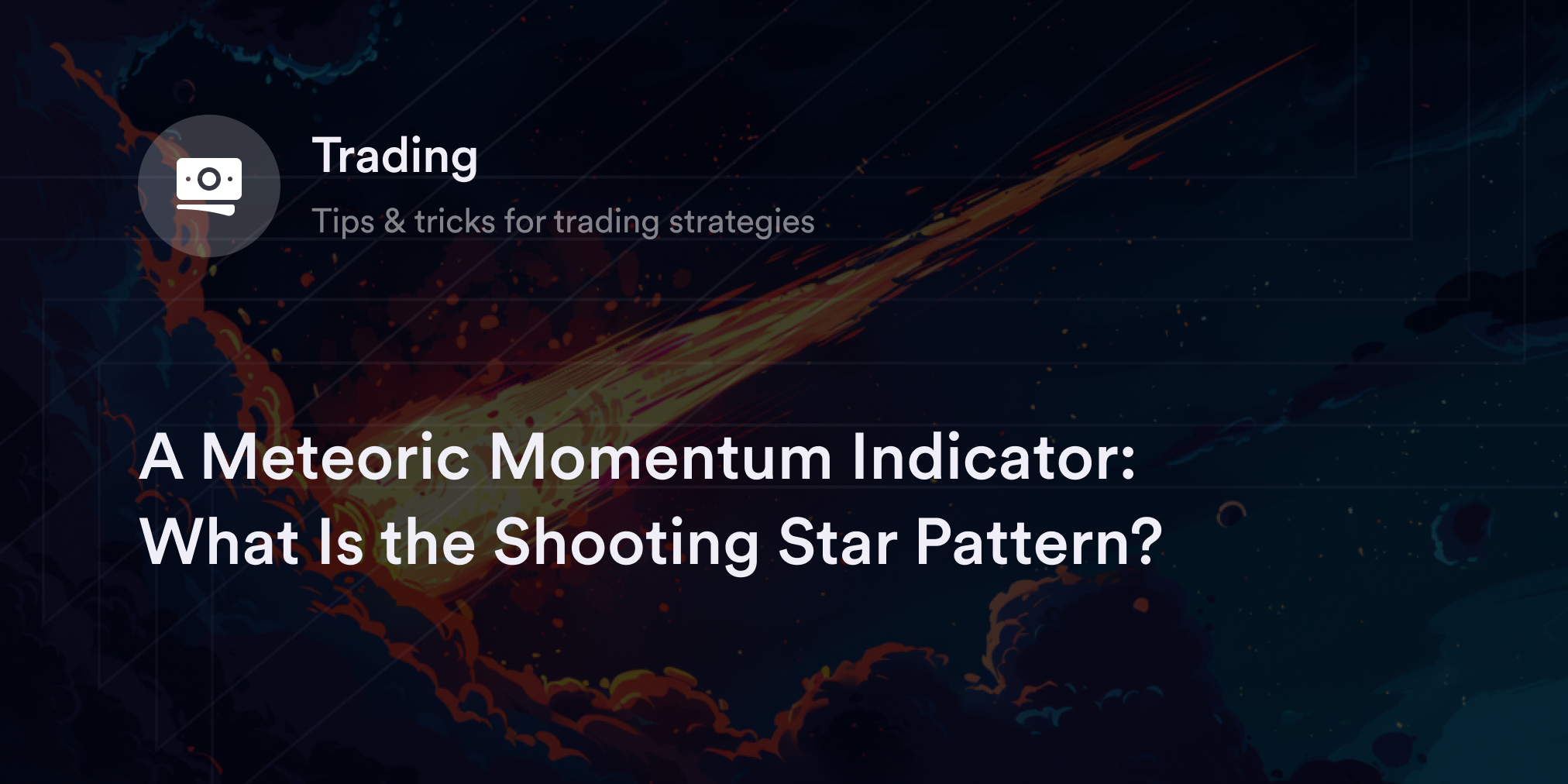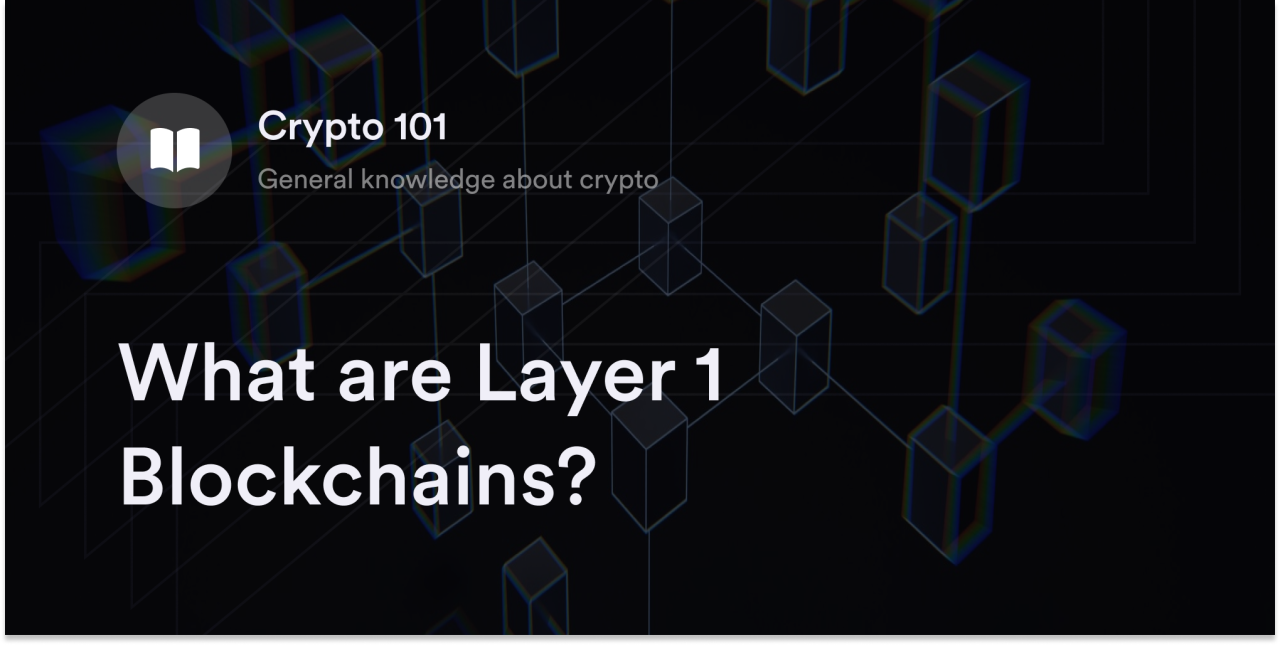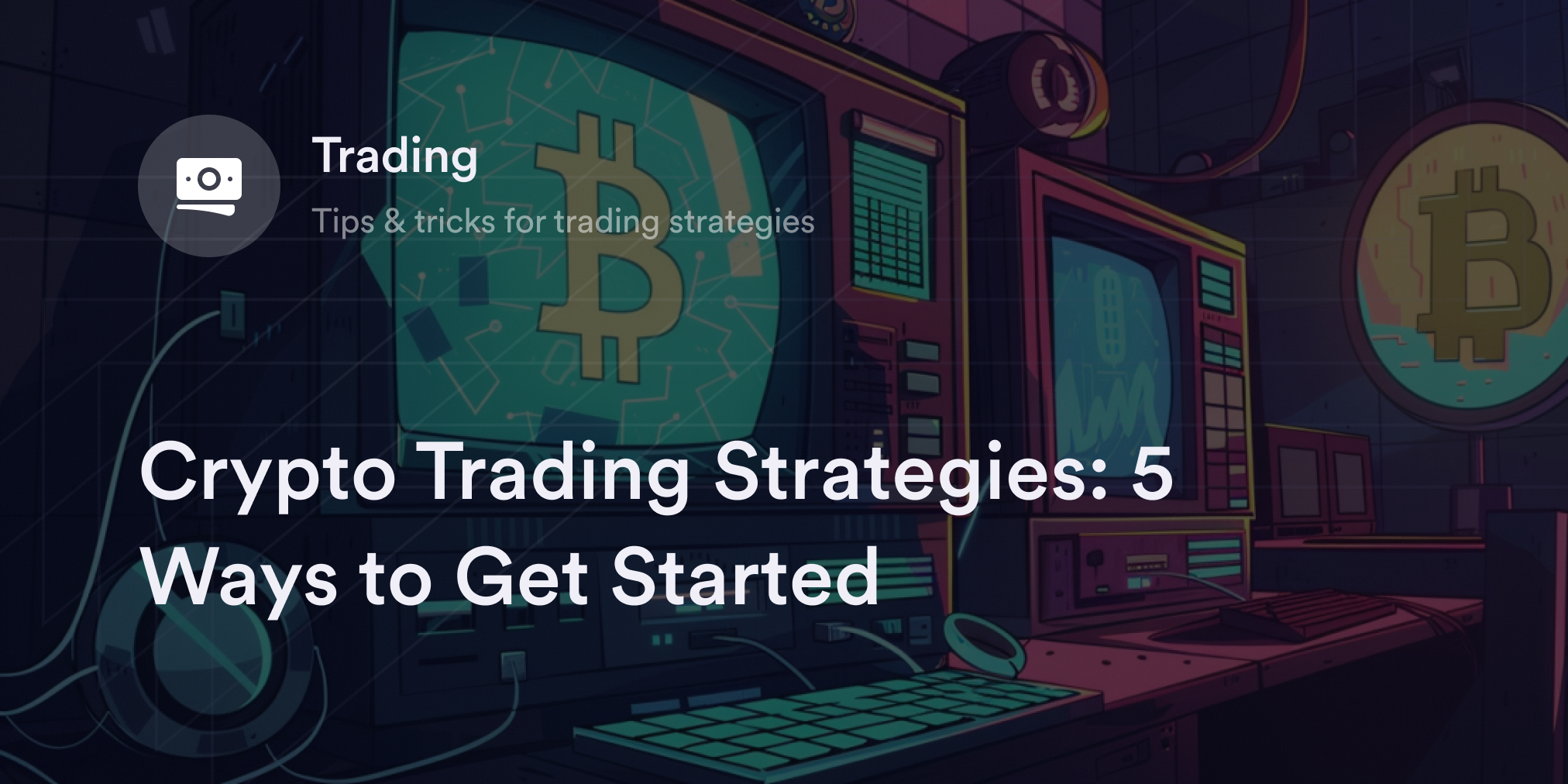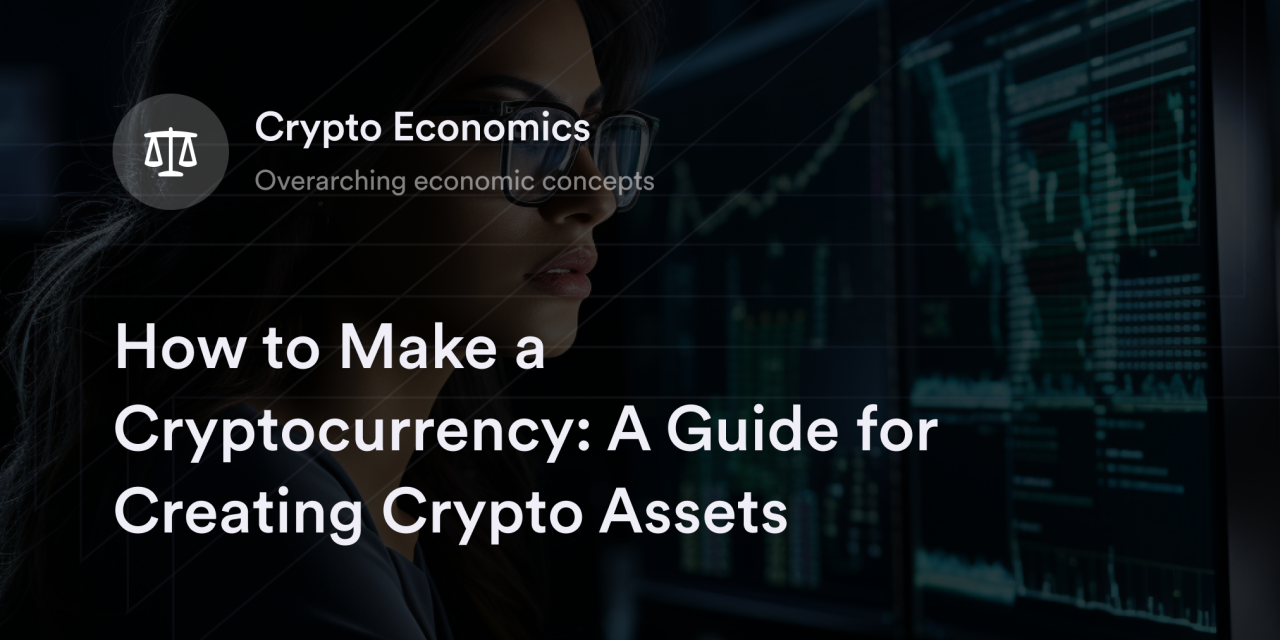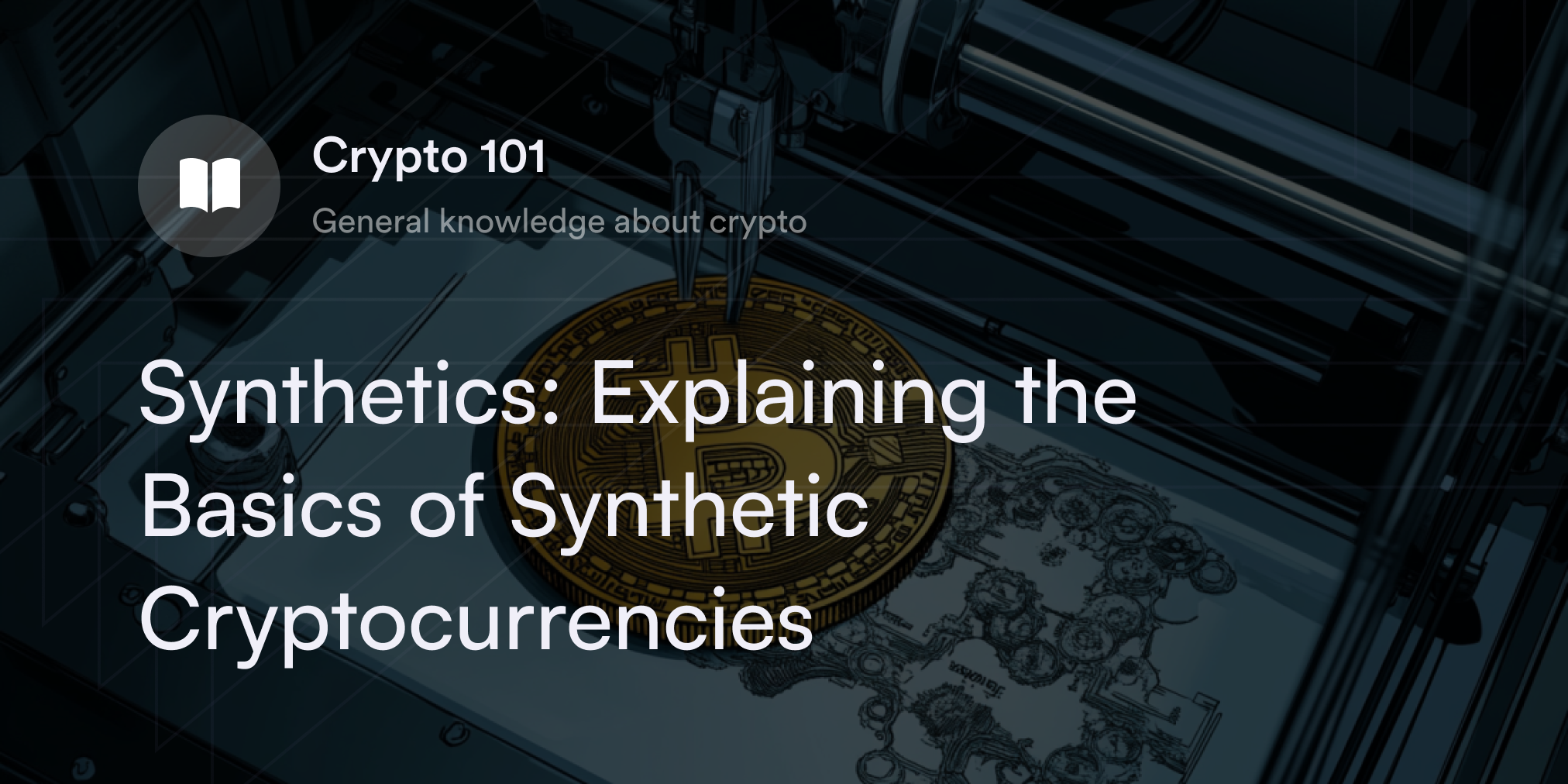
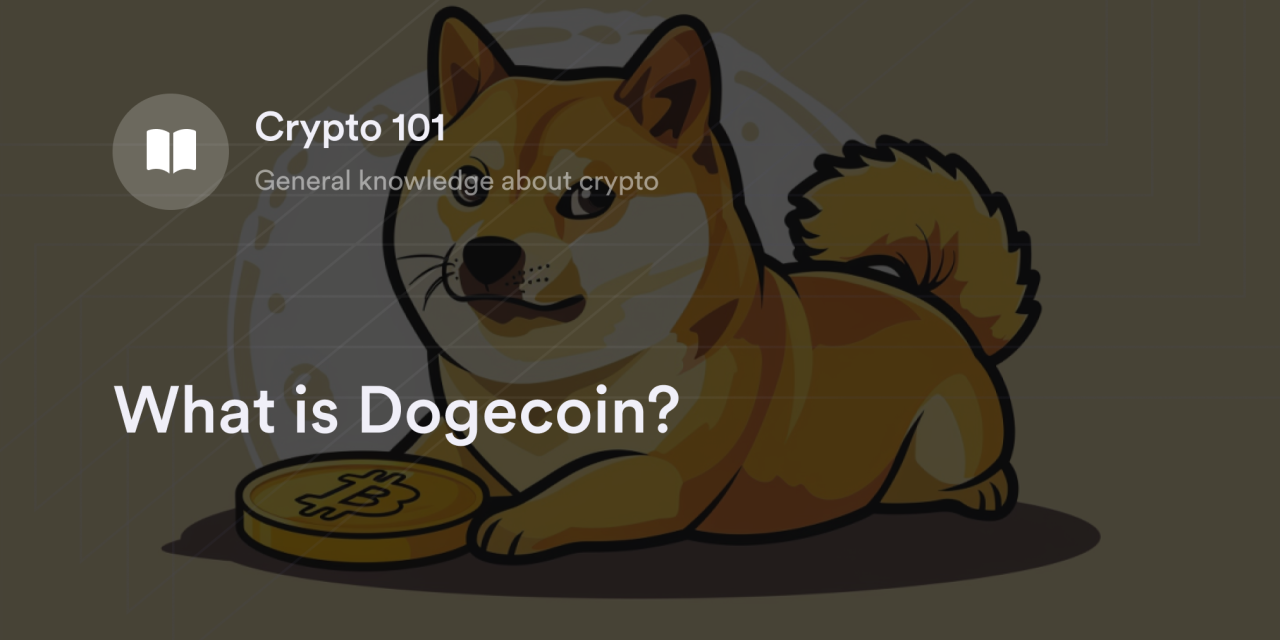

Before 2021, few people involved in cryptocurrency believed Dogecoin (DOGE) would become a top-tier digital asset. Although there were times when this playful pup pumped with the broader cryptocurrency market, its value rarely rose above a penny. However, after some “help” from Tesla CEO Elon Musk, DOGE reached a peak market valuation of over $80 billion USD in the spring of 2021, valued higher than Musk's rival automaker, Ford.
Since its 2021 bull run, Dogecoin has maintained its mainstream status in the cryptocurrency market and is heavily traded on crypto exchanges. But what is Dogecoin used for, and why do people continue to buy this meme-inspired altcoin?
What is Dogecoin?
Dogecoin is a cryptocurrency that uses a decentralized computer system (or “blockchain”) similar to the Bitcoin (BTC) network. Like Bitcoin, people who hold Dogecoin are free to send it to DOGE-compatible crypto wallets and exchanges without relying on centralized institutions to verify their transactions. All the computers (called “nodes”) on the DOGE blockchain constantly monitor payment data and publish it on a transparent digital payment ledger.
Computer programmers Billy Markus and Jackson Palmer released Dogecoin in late 2013 purely for fun. The “Doge” in Dogecoin's name refers to a viral internet meme featuring a smirking Shiba Inu dog. When Dogecoin first entered circulation, it was worth about $0.0002 USD per coin, and people primarily used it for tipping on websites like Reddit.
Thanks to multiple celebrity endorsements and the 2021 crypto bull run, Google searches for “DOGE” skyrocketed, and the asset entered the mainstream. Most notably, Tesla's CEO Elon Musk began sharing his love for DOGE on Twitter. Almost every time Musk discussed the coin on his socials, DOGE's price rose by hundreds of percentage points. Dallas Mavericks owner Mark Cuban began accepting DOGE for Mavericks merchandise, and more crypto exchanges and online brokers, including Robinhood, added support for DOGE.
At its peak, DOGE reached a price of $0.68 USD per coin and a market capitalization of almost $85 billion USD. Despite the 2022 cryptocurrency downturn, Dogecoin has held its position within the top ten largest cryptocurrencies.
How does Dogecoin work?
Dogecoin uses a Proof-of-Work (PoW) consensus algorithm based on Bitcoin's design. Like BTC, node operators (called “miners”) on Dogecoin's blockchain must solve a complex algorithm in a pre-set timeframe to earn the chance to post a new “block” of transaction data and receive a cryptocurrency reward. However, because Dogecoin was created for a laugh, Markus and Palmer weren't too concerned with making their coin a viable peer-to-peer (P2P) payment system—much less a “store of value” investment intended to hold its price. In fact, Markus sold all of his Dogecoin in 2015 to buy a Honda Civic. As a result, Dogecoin doesn't have a maximum supply, meaning there's no end to the amount of DOGE entering circulation. Bitcoin, on the other hand, has a set supply of 21 million coins, bringing its inflation rate to zero once every BTC hits the market.
Since 2014, Dogecoin has been “merge-mined” using the Scrypt algorithm alongside the PoW cryptocurrency Litecoin. “Merge-mining” occurs when two or more cryptocurrencies use the same algorithm to secure their blockchains and post transactions. Litecoin's founder Charlie Lee proposed moving Dogecoin from its original chain to the Litecoin network to enhance its security. At the time, there were fears Dogecoin's smaller size would be susceptible to cyberattacks or a network takeover (known as a “51% attack”). Interestingly, because Dogecoin grew so fast during the 2021 bull run, it's become more lucrative for miners compared to Litecoin.
Another way Dogecoin distinguishes itself from Bitcoin is its faster transaction speeds. On average, Bitcoin posts seven transactions per second (TPS), while Dogecoin processes over 30 TPS. Dogecoin is also cheaper to send compared to Bitcoin, with average DOGE transaction fees below $1 USD. During low or moderate network activity, it typically costs around $1–2 USD to send Bitcoin.
What is Dogecoin used for?
Before Dogecoin hit the mainstream, users predominantly put it toward online tips. Shortly after Dogecoin launched in 2013, a team of DOGE devotees introduced the “DogeTipBot” on Reddit. This early program allowed people with DOGE in their crypto wallets to send a few coins to other Redditors as a sign of support.
The early Dogecoin community also used DOGE to raise money for charitable causes, including a clean water project in Kenya. Famously, Dogecoin supporters donated $30,000 USD worth of DOGE to Jamaica's bobsled team before the 2014 Sochi Winter Olympics. To boost brand awareness, Dogecoin sent NASCAR's Josh Wise $30,000 in DOGE to put the Shiba Inu meme on his racecar.
Aside from tipping, fundraising, and sending micro-payments between fellow cryptocurrency traders, Dogecoin didn't have many other use cases before 2021. However, when Dogecoin became easily accessible on crypto exchanges, more traders began speculating on DOGE's price moves. Today, some companies and organizations like Tesla, the Dallas Mavericks, and AMC Theaters accept DOGE as a valid form of payment for select products.
Is it safe to buy Dogecoin?
Dogecoin has one of the most unpredictable price charts in the history of cryptocurrency, so traders should treat it as a high-risk asset. Not only is Dogecoin's price challenging to forecast, but it also has been subject to code vulnerabilities and hacks. For instance, hackers broke into an early Dogecoin wallet called “Doge Vault” in 2014 and stole hundreds of thousands of DOGE.
Although developers are working to patch bugs on Dogecoin's blockchain, traders should remember this project wasn't designed as a viable long-term cryptocurrency. Additionally, Dogecoin has an unlimited coin issuance schedule, which means it takes extreme buying pressure to offset DOGE's inflationary supply. Traders should consider these potential risks and perform careful market research before deciding whether to add DOGE to their portfolios.
Where to buy Dogecoin
Dogecoin is available on most major centralized cryptocurrency exchanges (CEXs), including Coinbase, Binance, and Gemini. Due to DOGE's popularity with retail traders, many stock brokerage platforms, such as Robinhood and eToro, also offer Dogecoin trading services. To find a complete list of exchanges where DOGE is available, visit a crypto price aggregator website like CoinMarketCap, search “Dogecoin” and browse the “Markets” tab.
Anyone interested in buying DOGE on a CEX must submit personal information, including their name, home address, and email to the platform. Once the CEX approves a trader's account, they're free to transfer fiat money from a bank, debit or credit card, or fintech app like PayPal to buy DOGE. Just remember: the wallets on CEXs are “custodial,” meaning customers don't have full ownership rights over their Dogecoin. Instead, the CEX watches over the cryptocurrency in its private wallets until a customer requests a withdrawal.
To take ownership of their DOGE, traders must send it to a DOGE-compatible self-custodial wallet. Unlike custodial wallets, self-custodial wallets provide users with an essential passcode called a “private key” that grants them control over their digital assets. A few self-custodial crypto wallets with DOGE support include Exodus, Ledger, and Trezor.
How to mine Dogecoin: Is it profitable?
Now that Dogecoin is a top-ten cryptocurrency by market cap, more people are curious whether it's profitable to mine DOGE on a PC from home for passive income.
In the early days of Dogecoin's history, anyone with a computer compatible with the Scrypt algorithm could earn daily DOGE rewards. Although it's still possible to mine DOGE at home, it's no longer as lucrative for non-professionals. DOGE is the second largest PoW cryptocurrency after Bitcoin, and competition on the blockchain is fierce. High-quality DOGE mining computers cost hundreds to thousands of dollars, and the electricity fees to run these machines are costly. Successful DOGE miners must ensure their rewards exceed their initial expenditures and expected energy bills.
People serious about mining DOGE may loan their computers to a professional “DOGE mining pool.” DOGE mining pool members receive a percentage of the group's total DOGE mining rewards that depends on how much energy they contribute. However, mining pools often charge extra membership fees that cut into expected profits.
Although everyone is free to mine DOGE, it's not easy to turn a profit. For most retail crypto traders, purchasing DOGE on a CEX or DEX is the easiest and cheapest way to add the coin to their portfolios.
Eligible traders can trade DOGE perpetuals on dYdX
DOGE fans, rejoice! dYdX offers eligible traders DOGE derivatives, including perpetual swaps, on our decentralized crypto exchange. Whether traders want to long or short the memecoin, dYdX provides eligible traders plenty of advanced trading options and up to 20x leverage. For details on how trading crypto perpetuals works on dYdX, check out our Academy and blog.
Terms & Conditions and Disclosures
The opinions and information presented in this article (the “Article”) are provided for general information purposes only. Reference to any specific content, product, service, or entity does not constitute an endorsement or recommendation by dYdX Trading Inc., or any affiliate, agent, or representative thereof (“dYdX”). The content provided in this Article is for informational purposes and does not constitute, and should not be considered, or relied upon as, financial advice, legal advice, tax advice, investment advice, or advice of any other nature; and the information in this Article is not a call to action to make any investment, or purchase any crypto asset, of any kind (collectively, the “Service”). By using the Service, you agree that you are responsible to conduct independent research, perform due diligence, and engage a professional advisor prior to taking any financial, tax, legal, or investment action related to the subject matter hereof. You may only use the dYdX interface in compliance with the dYdX terms of use available here, including the geographic limitations therein.
Any applicable sponsorship will be disclosed, and any reference to a sponsor in this Article is for disclosure purposes, or informational in nature, and in any event is not a call to action to make an investment, acquire a service or product, or purchase crypto assets. This Article does not offer the purchase or sale of securities. By using the Service, you agree that dYdX is not responsible, directly or indirectly, for any damage or loss incurred by you in connection with the use of or reliance on the Service, including any content, products, services, or entity mentioned in this Article.
